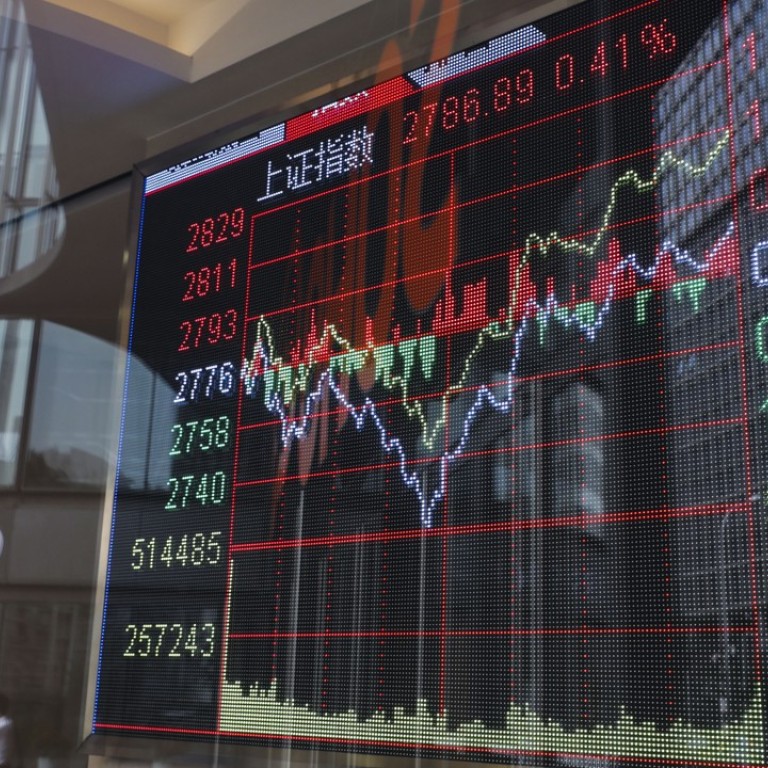
China stock market: who will be the winners and losers in the escalating US-China trade row
A sliding yuan may hurt airlines, developers and paper companies hard, but bodes well for exporters as it will boost their profitability
Worries over an intensifying US-China trade war have hit Chinese stocks and the currency, with analysts fearing a sliding yuan will hurt companies heavily exposed to US dollar debt.
However, the yuan’s decline is beneficial for export-reliant sectors such as Chinese textile manufacturers, whose shares were broadly higher on Tuesday, as a weakening currency is expected to boost their profits.
The yuan recovered on Tuesday after the People’s Bank of China posted a statement from the governor Yi Gang, which said that the recent fluctuation of the yuan was “mainly caused by a strengthening US dollar and external uncertainties”.
Still, the currency has weakened more than 3 per cent since mid-June, directly triggered by rising trade tensions between the US and China, said Morgan Stanley analysts led by Robin Xing, in a recent report.
Market sentiment has weakened amid concerns that the US tariff measures could put downward pressures on China’s growth and the yuan.
Yuan bounces back to end longest losing streak, after People’s Bank of China says it will support currency
“Of all the recent concerns over Chinese companies and their US dollar bonds, a weaker renminbi further increases the pressure on weaker companies to service and repay their US dollar debt,” said Tai Hui, chief market strategist for Asia-Pacific at JPMorgan Asset Management.
Sectors with heavy US dollar debt include airlines, developers and paper companies, according to data from Bloomberg.
About 19 per cent of the total outstanding US dollar-denominated bonds issued by all Chinese companies are from developers. Meanwhile, Air China, China Southern Airlines and China Eastern Airlines had 41 per cent, 34 per cent, and 28 per cent of their total debt denominated in US dollars at the end of 2017.
China Resources Land, and Country Garden fell 3.6 per cent and 2.2 per cent respectively.
China Eastern Airlines and China Southern Airlines lost 4.7 per cent and 5 per cent each, while Air China shed 4.8 per cent.
China’s central bank governor Yi Gang talks up the yuan, helps Shanghai stocks end in positive territory
Paperboard manufacturer Nine Dragons Paper Holdings, which relies on imported recycled paper as its raw material, plunged 4.5 per cent in Hong Kong. Rival Lee & Man Paper Manufacturing also lost 4.7 per cent.
“The textile sector with overseas business is a potential winner [from the yuan’s depreciation],” said Lv Ming, an analyst with TF Securities.
“Their overseas demand will be higher as buyers see prices becoming cheaper, while they could also receive higher revenues from overseas business denominated in US dollar. That should bolster their profit.”
Zhejiang Jiaxin Silk surged 4.3 per cent to 6.25 yuan, Fujian Fynex Textile Science & Technology rose 2.7 per cent to 6.58 yuan, and Huafang gained 1.1 per cent to 5.46 yuan.

